Decision engineering helps make better choices
24 Jun 2015
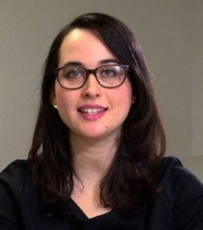 | |
| Monica Rozenfeld, associate editor, The Institute of Electrical and Electronics Engineers |
Decision engineering (which also goes by the name decision intelligence) is a field that designs decisions themselves as if they were tangible projects, such as building robots or computer systems, using the same engineering methodologies and techniques. Professionals are needed now in this area more than ever due to complex issues that go beyond generating revenue. Government policies, global growth, environmental impact, and a society with needs that constantly change are just some of the factors that need to be considered when helping organizations making smarter choices.
Instead of focusing on one tool or methodology, decision engineering brings a number of practices to the process, such as visual decision design, which involves mind mapping - a diagram to visually organise information - and conceptual graphs to help assess the matter at hand. The visual aids help enhance the decision-making process with intuitive thinking, reasoning, and pattern recognition more so than numbers on a page. The idea behind this practice is to improve the quality of decisions made in an organization, make them more quickly, align organizational resources more effectively, and lower the risks associated with the decisions made.
Putting it into practice
On his website, Tim van Gelder, a principal for the organisational consulting and training company Austhink, in Melbourne, Australia, gives examples of how companies came to using decision engineering. These included designing and building a process for making a set of decisions from scratch. (In other words, what a group should consider itself to collectively believe.)
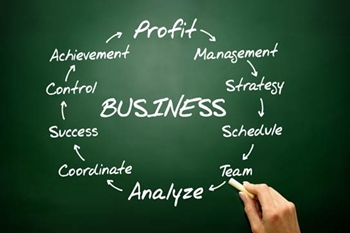 This might involve people playing out various roles in the organisation, questioning its ''norms'' such as current procedures, and applying data science and analysis techniques to come to a conclusion.
This might involve people playing out various roles in the organisation, questioning its ''norms'' such as current procedures, and applying data science and analysis techniques to come to a conclusion.
Engineers are well suited to this field because, according to Gelder, they are already trained to think of better ways to do something. Similarly, ''decision engineering means taking an existing system and considering how to improve it.''
Steve Barrager, who lectures on decision making for organisations at Stanford, says decision makers need a framework that is broad enough to encompass both ''hard'' and ''soft'' science.
A decision engineer has to have an understanding of systems analysis, applied probability, and decision theory to deal with the complexity and uncertainty of the organization's future, as well as know about a broad variety of fields, including technology, economics, supply chains, and project management.
Moreover, decision engineers require a host of other skills including strategic planning, quality assurance, security, being able to analyse large amounts of data, in-depth knowledge of engineering design principles, and creative thinking, to name a few. If you have (most of) these skills, now might be the time to consider breaking into this emerging field.












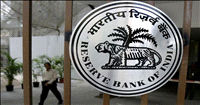
.jpg)
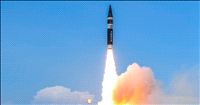
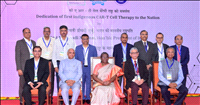
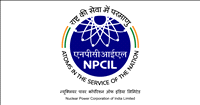



.jpg)









